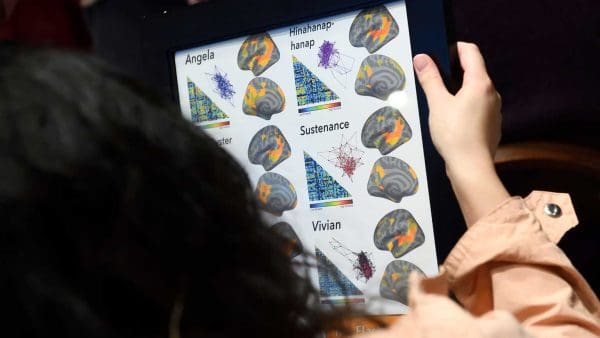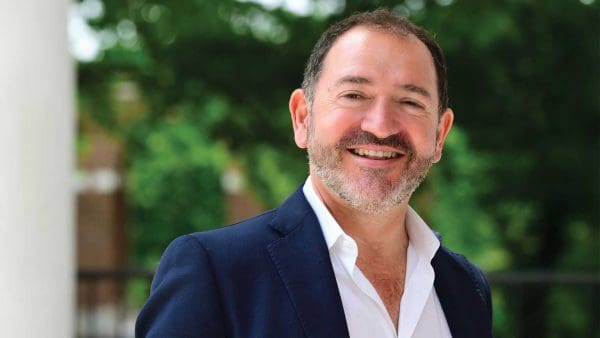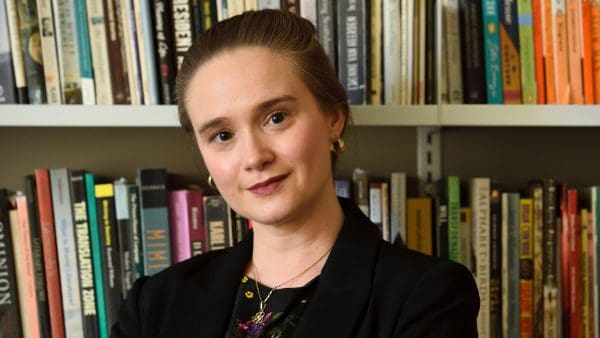
Campante is a research associate at the National Bureau of Economic Research. His work has appeared in leading academic journals such as the American Economic Review and The Quarterly Journal of Economics, among others.
Campante holds both a master’s degree and a PhD from Harvard, a master’s degree from the Pontifical Catholic University of Rio de Janeiro, and a bachelor’s degree from the Federal University of Rio de Janeiro, all in economics.

Shastri joins Johns Hopkins after more than 30 years at the University of California, Berkeley, where he headed the Division of Immunology and Pathogenesis.
He was born and raised in India, in the Himalayan valley of Degradun. He studied chemistry at Panjab University for his bachelor’s and master’s degrees, then focused on biochemistry for his doctoral studies at the All India Institute of Medical Sciences in New Delhi.
Shastri moved to the United States to take postdoctoral fellowships at UCLA and Caltech before joining the faculty at UC Berkeley in 1987. He has also held visiting professorships at Yale University and University of Oxford.
Shastri has become recognized as a leader in the area of immune surveillance, exploring the molecular mechanisms behind T-cell activation.
Shastri’s research could lead to a wide range of clinical applications such as the treatment of autoimmune disorders and the development of vaccines, and possibly holds implications for cancer immunotherapy.

Lee, who is arriving after 12 years at Yale University, began his higher education in South Korea in economics. Some 20 years later, he was known as one of the world’s leading neuroscientists. Throughout his career, Lee has found ways to blend principles of both disciplines—and others—to investigate the brain’s ability to make decisions.
The field of neuroeconomics has blossomed in the past 15 years. It integrates not only the two disciplines it’s named for, but also borrows tools from artificial intelligence, psychology, and other areas.
Lee received his bachelor’s degree in economics at Seoul National University before he switched to the sciences and relocated to the U.S. in 1989. He received his master’s in biology and his doctorate in neuroscience from the University of Illinois at Urbana-Champaign. He held faculty positions at Wake Forest University and the University of Rochester before joining Yale in 2006.
In the world of neuroscience, Lee is known for his groundbreaking experiments investigating the neural mechanisms that underlie decision-making, focusing on two areas of the brain: the prefrontal cortex and the basal ganglia.




